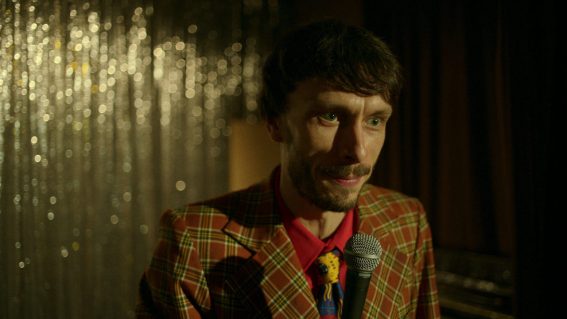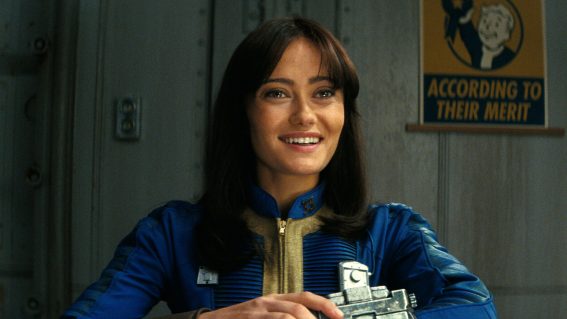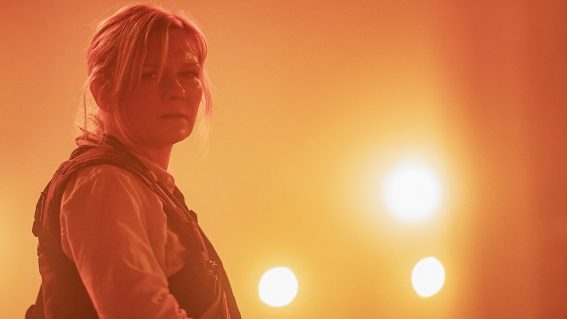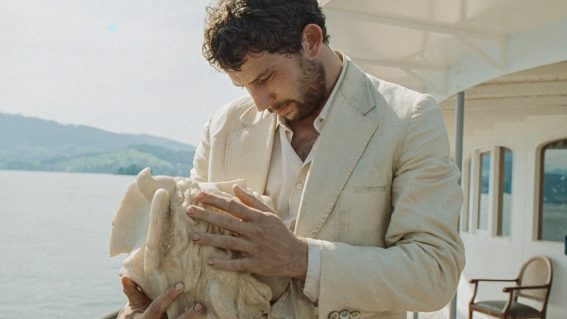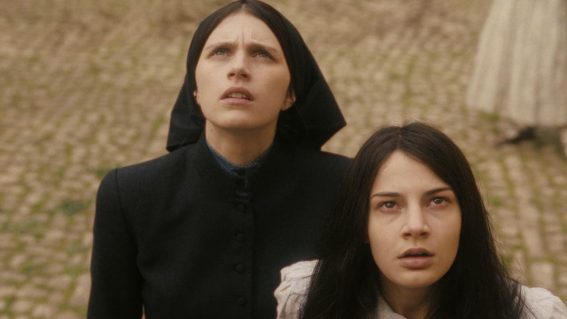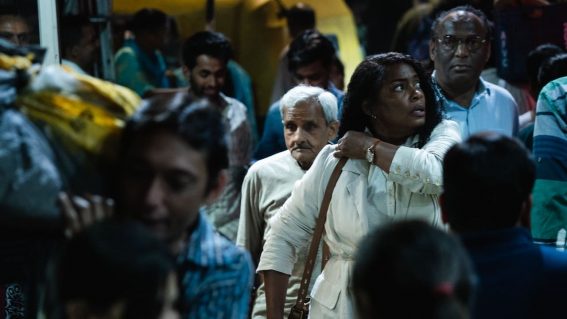Florence Pugh aside, Don’t Worry Darling is as superficial as its ‘perfect’ 1950s setting
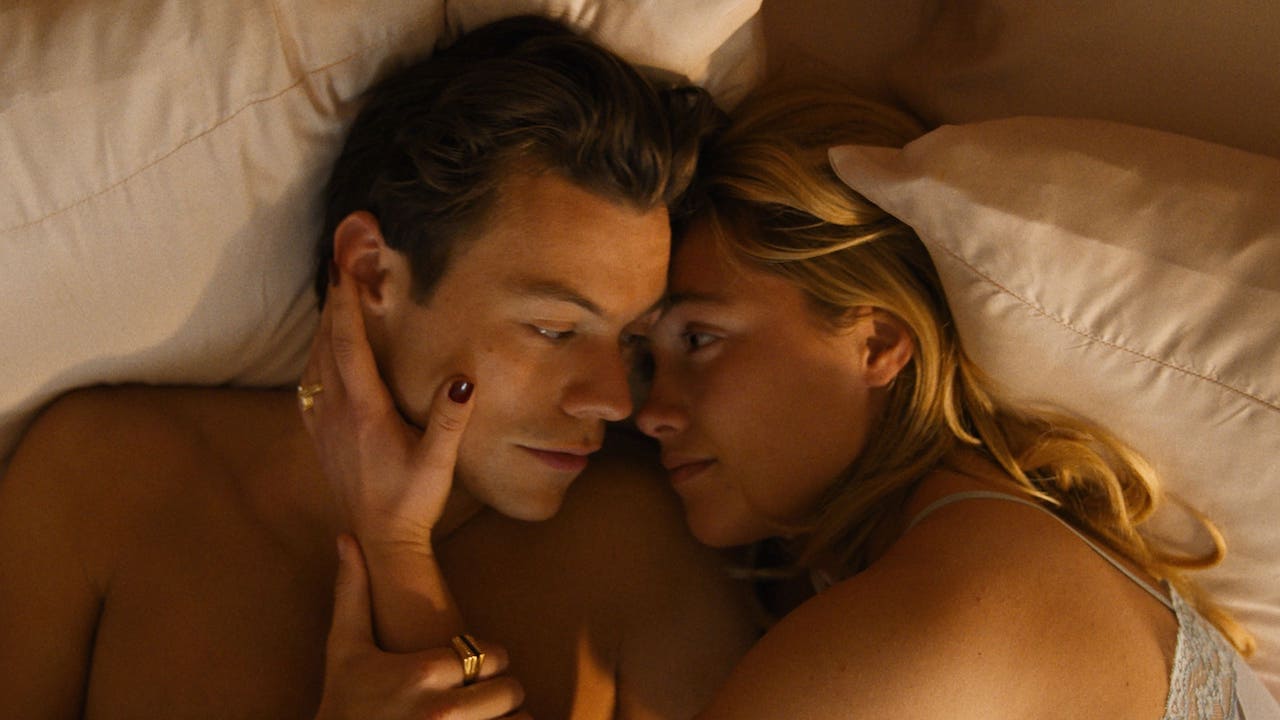
Oscar nominee Florence Pugh and Harry Styles lead this psychological thriller centred on a woman in the 1950s worried her husband’s glamorous company may be hiding disturbing secrets. Despite an amazing Pugh performance the results are overfamiliar and unoriginal, says Katie Smith-Wong.
Don't Worry Darling
It is a film that has been making headlines way before its world premiere at the 2022 Venice Film Festival. The long-awaited directorial follow-up to her acclaimed debut Booksmart, Olivia Wilde’s drama Don’t Worry Darling has been marred by behind-the-scenes gossip. The ongoing tension stemming from the cast to Wilde’s personal life has recently attracted more attention than the film itself, but with Don’t Worry Darling about to be released, is there enough to silence the gossipmongers?
Starring Florence Pugh, Chris Pine, Gemma Chan and Harry Styles, Don’t Worry Darling presents itself as a picture-perfect representation of 1950s America. The stunning and dutiful housewives of company town Victory wave off their smartly dressed husbands to work every morning before cleaning their homes, gossiping with other wives, and preparing dinner in time to greet their men at the door after a rough day at the office with a glass of Scotch. The premise plays into old-fashioned roles of men as the breadwinner while the wives are ‘kept’ women—a seemingly perfect and well-tuned life of an era that only masks a multitude of issues hinting at the similar tropes of equality, feminism, and mental abuse.
Victory’s serenity unsurprisingly goes to hell when a female character—namely Alice (Pugh)—starts thinking for herself. On certain occasions, she encounters former friend Margaret (Kiki Layne) muttering cryptic messages and starts to experience strange visions and occurrences. Despite being told that Victory is ‘safe’, her mind starts to unravel as she questions the concept of the town, as well as Frank (Pine), the founder of ‘the Victory Project’ and the boss of her husband Jack (Styles).
The more Alice asks about ‘the Victory Project’, the more she becomes a victim of gaslighting with everyone around her doubting her sanity, especially as her suspicions about Margaret mount up. Jack doesn’t help appease her thoughts either, as his somewhat desperate need for success and happiness sees him subtly contribute to the growing psychological manipulation.
Don’t Worry Darling suffers from the overfamiliar premise of an unstable female protagonist clawing at the truth of a sinister situation, and certain creative elements such as John Powell’s creepy score and subliminal visuals echo recent psychological horror films such as Jordan Peele’s Nope and Get Out, as well as Luca Guadagnino’s remake of Suspiria. Wilde’s unsettling direction subsequently comes across as unoriginal while Katie Silberman’s uneven screenplay doesn’t delve deep enough into the oddities occurring in Alice’s life.
Instead, it tries to reinforce the perfection of Victory with nearly all the women showing little interest in anything besides homemaking. Even the third act feels rushed, with a dismissing lack of character development and a more rounded narrative swaying against an audience-friendly climax. This not only questions the film’s overall concept but also its feminist angle.
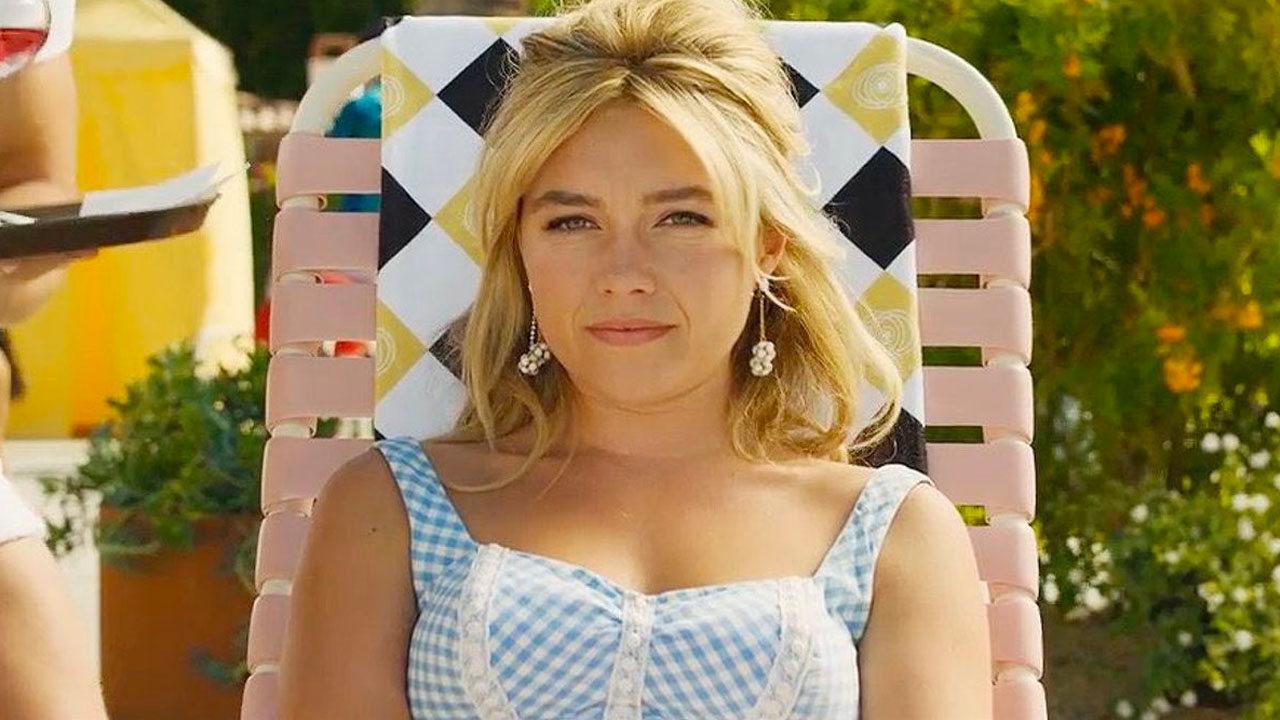
Aesthetically, the film is incredibly pleasing. The sharp production design, gorgeous costumes and eclectic soundtrack brilliantly encapsulate the styles and trends of the 1950s, echoing the shallowness of the narrative and most of its characters. Leading the charge is the formidable Florence Pugh, who effortlessly conveys frustration, fear and determination in a domineering role that dissuades her from being pigeonholed into a somewhat cliché role.
In his second cinematic role, Styles has a lot to prove as the loving but submissive Jack. Although some tense moments see him credibly indulge in the drama, his best efforts do not have the same power as Pugh—instead, both he and Pine seemingly rely on clean-cut looks and a seemingly entitled sense of swagger. Needless to say, Don’t Worry Darling easily belongs to its women—alongside Pugh, Olivia Wilde adds a touch of glamour as Alice’s bestie Bunny, with Gemma Chan offering a quiet authority as Frank’s wife Shelley.
On paper, Don’t Worry Darling feels like a dream project with potential as a modern and feminist take on the psychological horror but despite Pugh’s amazing performance, the film’s inability to go deeper into the narrative’s dark core causes it to flounder amid its superficiality.







